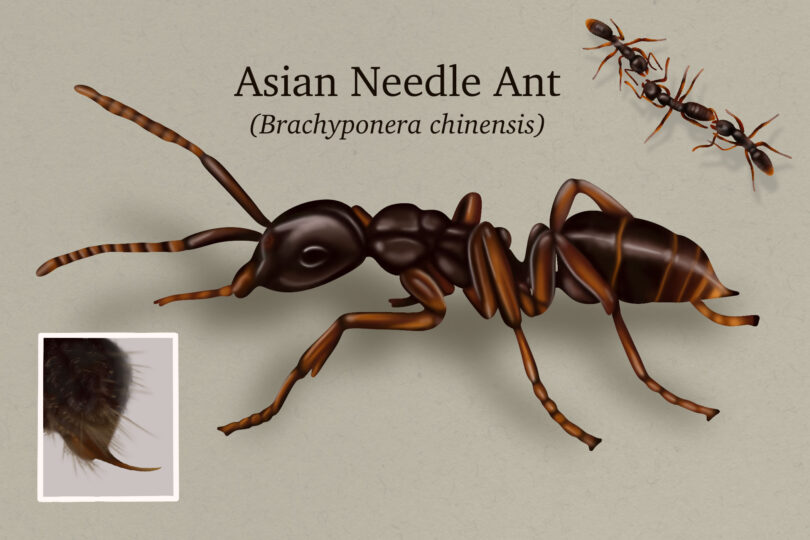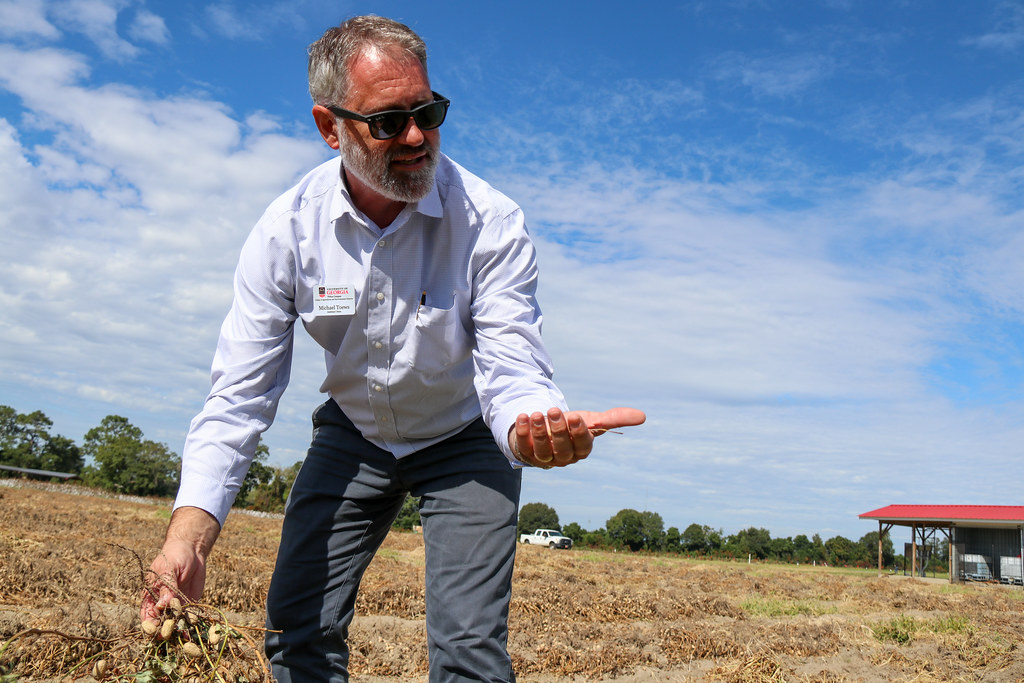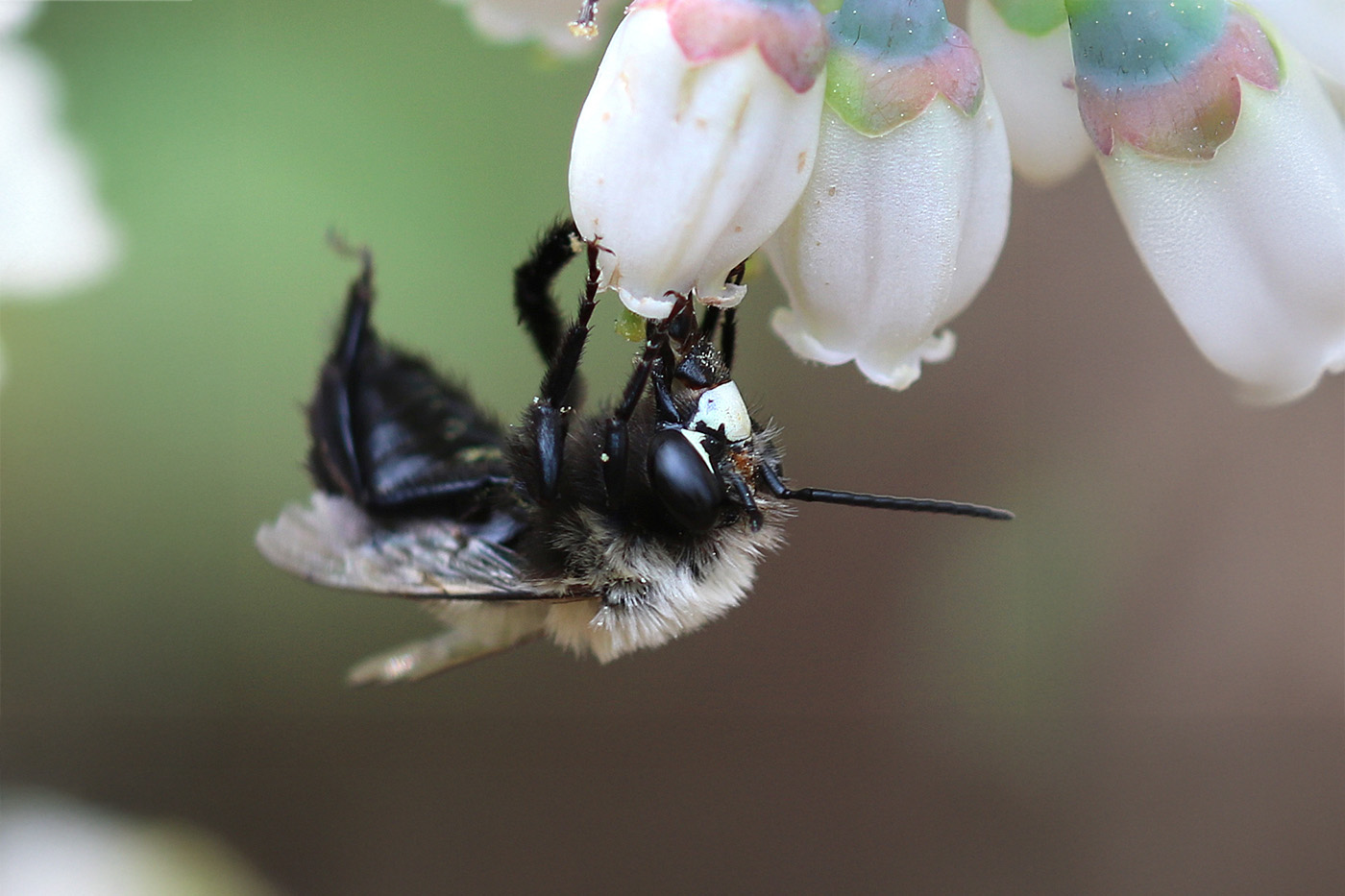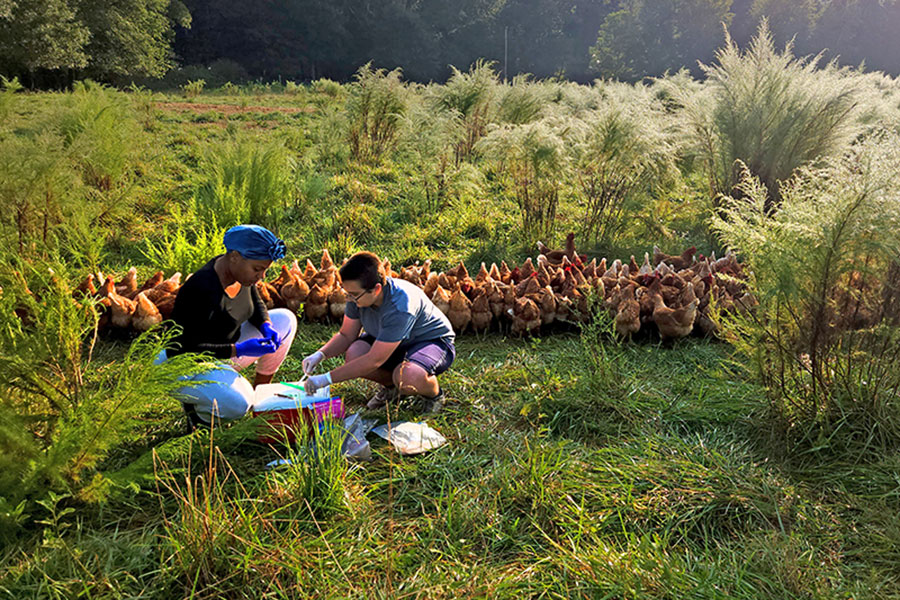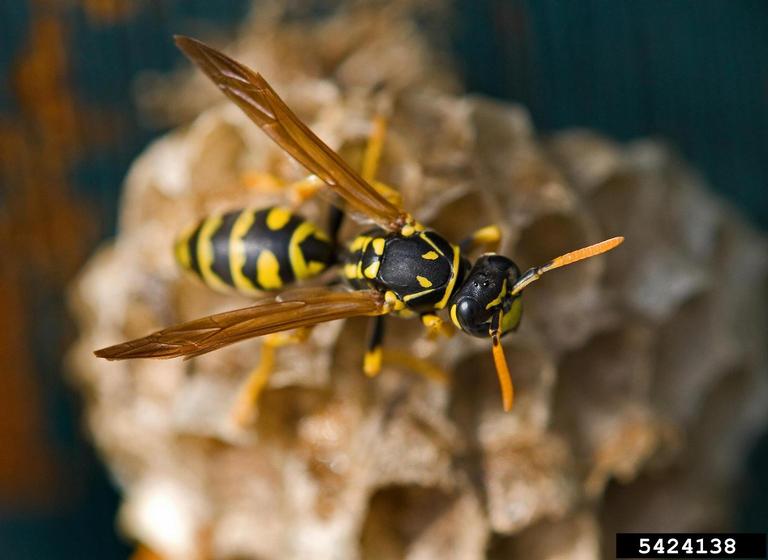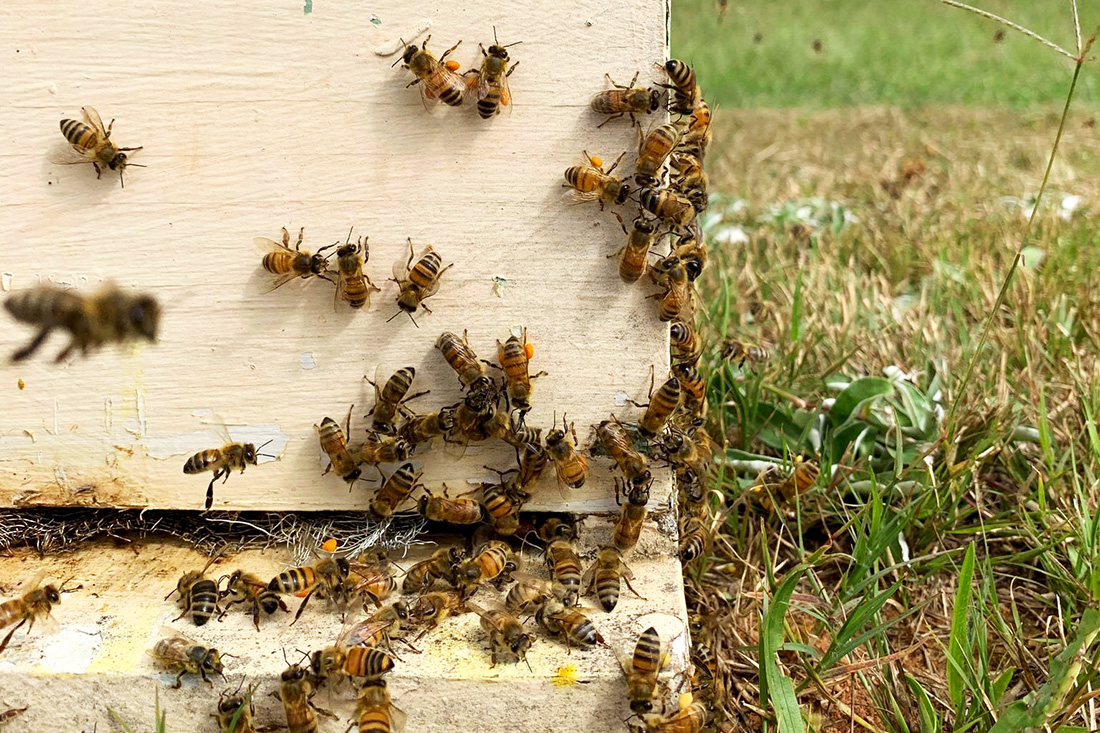 CAES News
CAES News
Honey Bee Losses
Earlier this year, commercial beekeepers across the U.S. faced unprecedented winter colony losses, with some reporting over 60% of hives perishing — more than double the typical overwintering loss rates. Hobbyists and sideliners — those who keep bees as a secondary source of income — also saw catastrophic declines, with total economic impacts to beekeepers estimated at over $600 million. Now, scientists are linking the losses to high viral loads and mite resistance as they work to develop solutions to protect the industry moving forward.




